|
There’s a book I’d like you to read. It’s called “In Praise of Walking” by Shane O’Mara. Don’t be put off by the evangelical sounding title; it’s a fascinating read, very well referenced and backed up by scientific research, all about the astounding benefits of going for a walk. For example, it describes a study on an Italian man who walked 1300km of the Via Alpina, along the line of the Alps, over three months. Along the way he recorded a wide range of physiological markers through taking blood and other means. There were positive changes in virtually every single measured area of his functioning including a drop on body mass index of 10%, a reduction of measured body fat as a percentage of total weight of about one quarter, a 75% decrease in triglycerides thought to underlie some forms of heart and cardiovascular disease and an increase in production in heart loving fats called high-density lipoproteins. Other studies have shown that this was not a one-off case, it works for everyone. The message is, if you need to lose weight, go for a really, really long walk, over a few weeks, ideally through nature. To me, this was no surprise, but one other thing really jumped out at me from this book. It’s about the idea that the natural environment has profound restorative effects on our wellbeing. “Attention Restoration Theory” tells us that the human experience of the natural world markedly assists in maintaining and fostering a strong sense of subjective wellbeing. Modern day life in our urban, man-made environments, increases mental fatigue, stress and anxiety. Restoration of feelings of calm, relaxation, revitalisation and refreshment can be achieved by spending time in a natural environment. For it to be most effective, a natural environment should have three critical elements;
Removal from Normal Life I’ve often said to people, hillwalking and mountaineering are like meditation. We are removed physically and mentally from our every day lives. We get so involved in the moment, in the activity and its demands on us, that we very often forget all about our normal worries and anxieties. The more we are challenged by the activity, the less cognitive bandwidth we have for anything else. It’s only when we get back home that we remember about the outstanding bills, the anxiety caused by our work or any number of things that cause our mental fatigue. Fascinating Sensory Elements It’s really obvious that our mountains are full of astounding visual and sensory elements that are fascinating, beautiful, full of wonder and surprising. Over the last few years I have increased my knowledge of the natural environment massively, especially through projects such as The North Face Survey on Ben Nevis. It’s also clear to me that there is a never-ending supply of new knowledge to gain, new insights to understand and new things to see. This understanding of the very small things in our landscape makes my enjoyment of the vast scale of the landscape even more rewarding. It Should Be Expansive By exploring the mountains that surround us in Scotland we get to feel the immense scale of the landscape, the power of the weather, and the never-ending nature of wildness, that can give us a proper sense of scale. In a blizzard on a summit with numb fingers and an unrelenting wind, when we have to take a bearing on our compass to walk off safely there is nobody else we can turn to, nobody else we can blame if we get it wrong, and no sympathy in the weather or the landscape. It is a good reminder that each of us is not at the centre of things with the world revolving around us. We need to learn some humility and to take responsibility for ourselves. This is surely the expansive nature of the experience that is required to make its restorative effects most profound. This is why I am passionate about spending time on our mountains. It maintains our physical health, it restores our mental health and it can have a profound influence on our spiritual well-being. It can counter the self-centred focus that modern day life has on us all. In these days of global climate change, an obesity epidemic, mental ill health and disconnectedness from nature, one solution is simple.
Go for a walk, preferably a long one and immerse yourself in nature!
6 Comments
Stephan
8/10/2019 08:48:10
Great article. One of my best friends is having a heart bypass operation at the moment and I'll send this to him. Once he's out of hospital I hope that he starts proper walking. I doubt I'll ever get him out in the Scottish winter but it's never too late to start!
Reply
Mike Pescod
8/10/2019 09:10:42
Hi Stephan, thanks for your comment and I hope the operation goes well. Perhaps he would like to read the book during his recovery time? It's well worth a look.
Reply
Rich
8/10/2019 21:41:57
Lovely blog, thanks. You might also like "Born to walk" by Dan Rubinstein. Touches on similar ideas but less focused on the biology of the health impacts.
Reply
Marc Hume
9/10/2019 18:58:33
Great Blog Mike. In a similar vein another book I would recommend is Mountains of the Mind by Robert Macfarlane. Ranulph Fiennes described it rightly as an inspiring read.
Reply
Michael Pescod
9/10/2019 20:59:46
Hi Marc, yes, Mountains of the Mind is excellent. I've read a couple of books by Robert MacFarlane, both very good. Thanks for recommending In Praise of Walking to me, it's fascinating.
Reply
Colin Pierpoint
2/11/2019 12:46:33
I agree entirely. Not only body mass index, but the well being. I always feel so much better and relaxed, whether it is a walk along the canal tow path at home, or Curved Ridge with you!
Reply
Your comment will be posted after it is approved.
Leave a Reply. |
AuthorMike Pescod Self reliance is a fundamental principle of mountaineering. By participating we accept this and take responsibility for the decisions we make. These blog posts and conditions reports are intended to help you make good decisions. They do not remove the need for you to make your own judgements when out in the hills.
Archives
March 2024
|
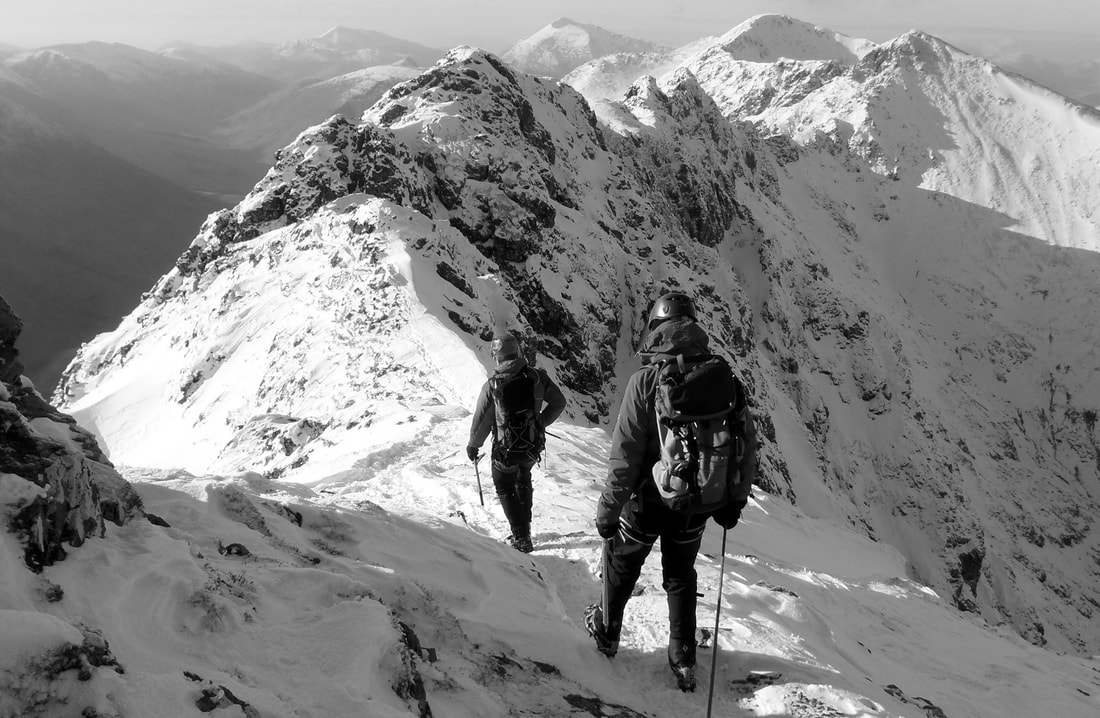
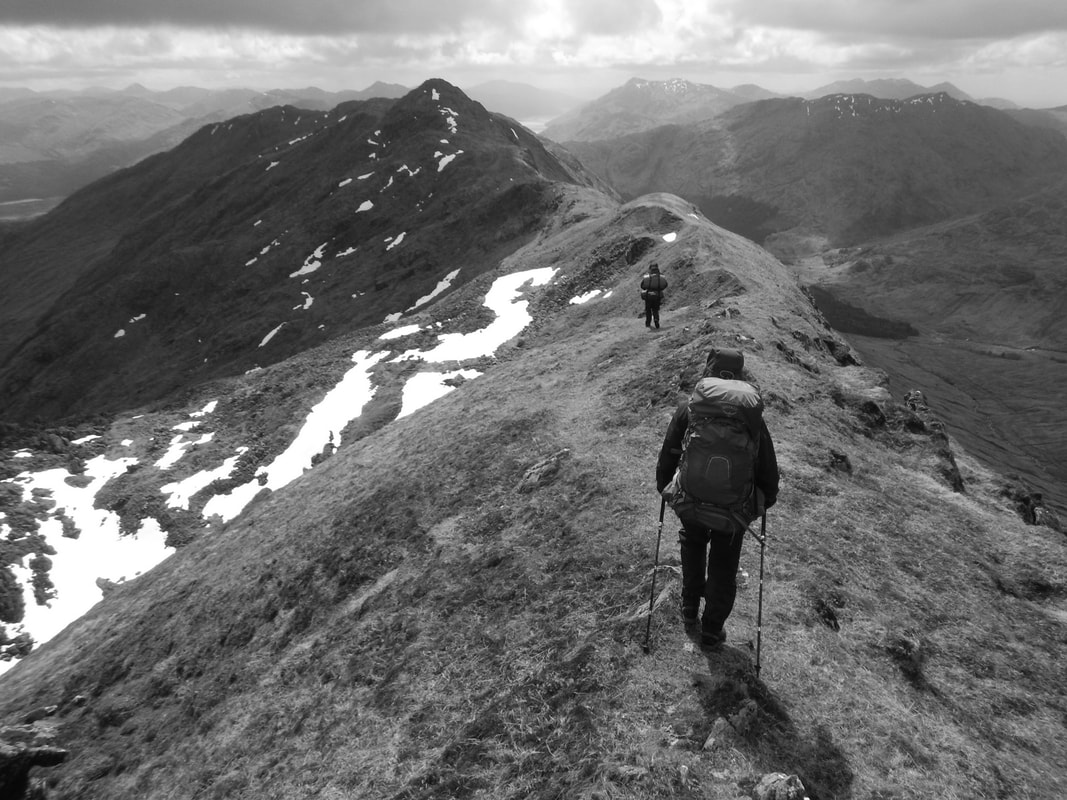
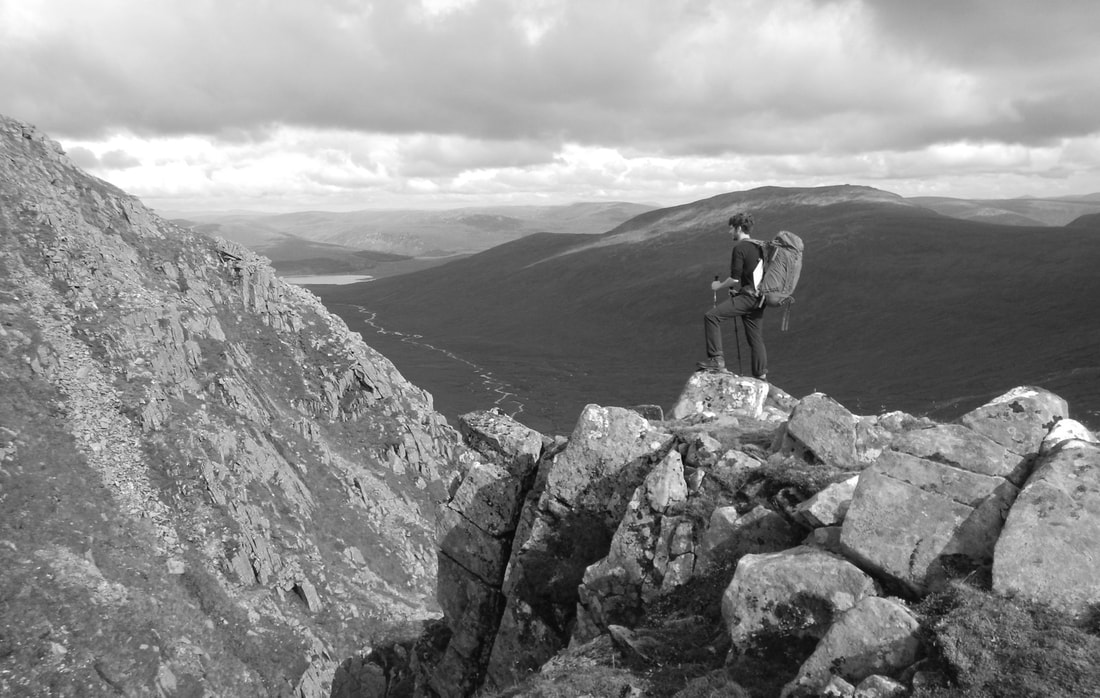
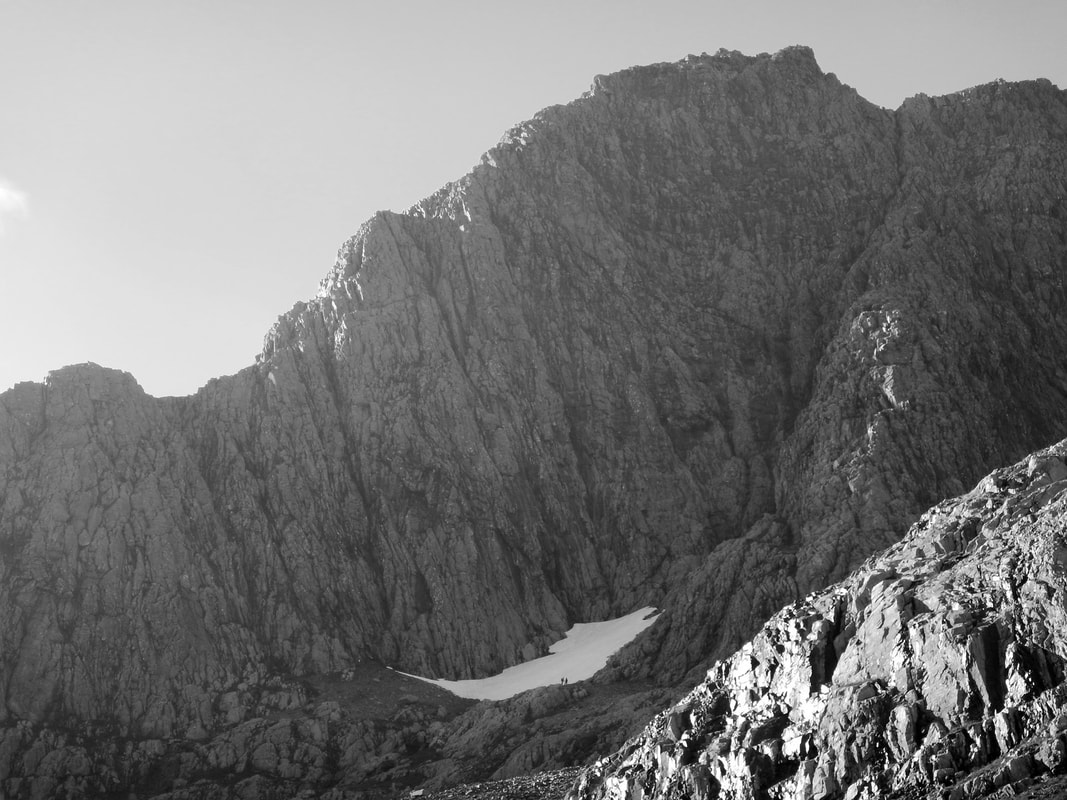
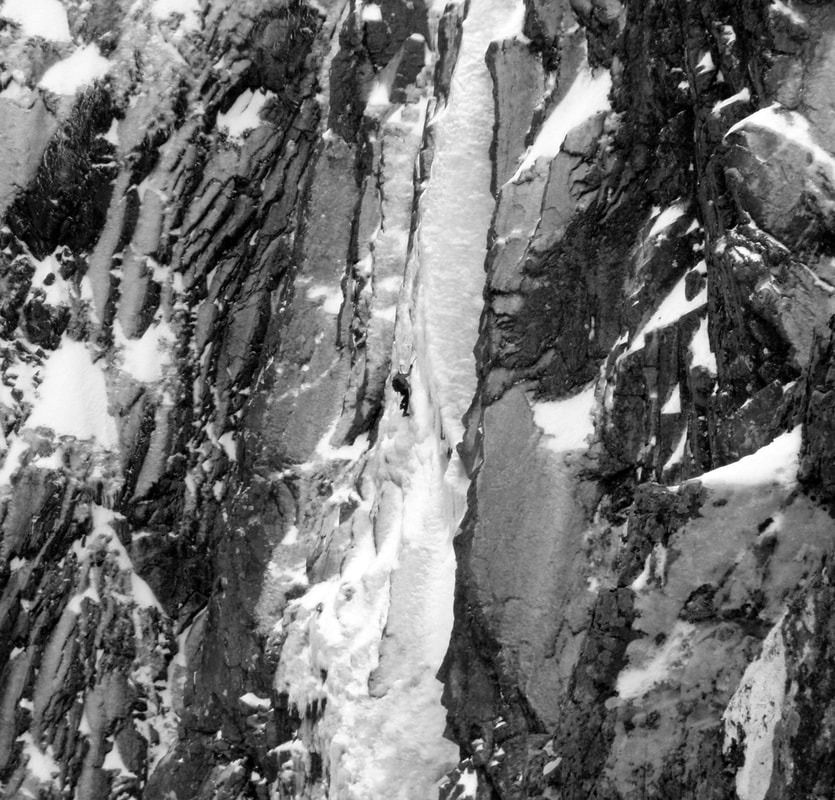
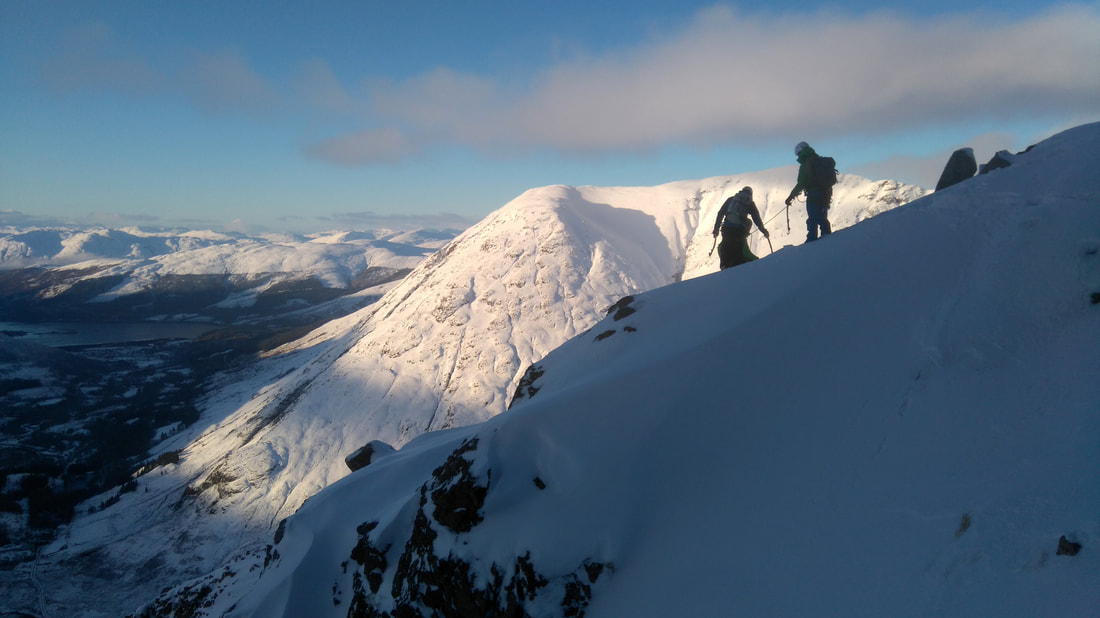
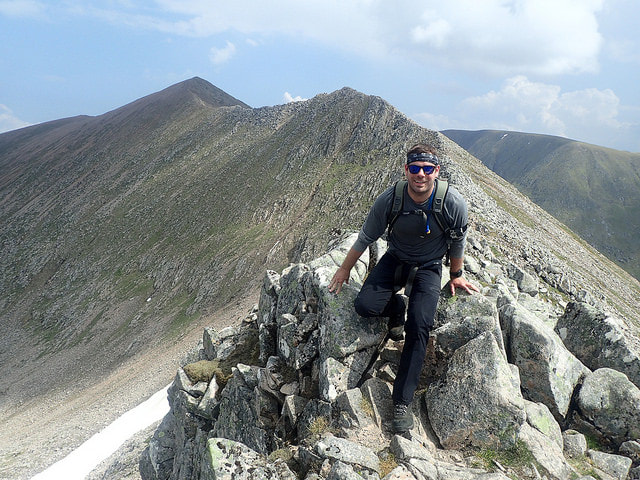
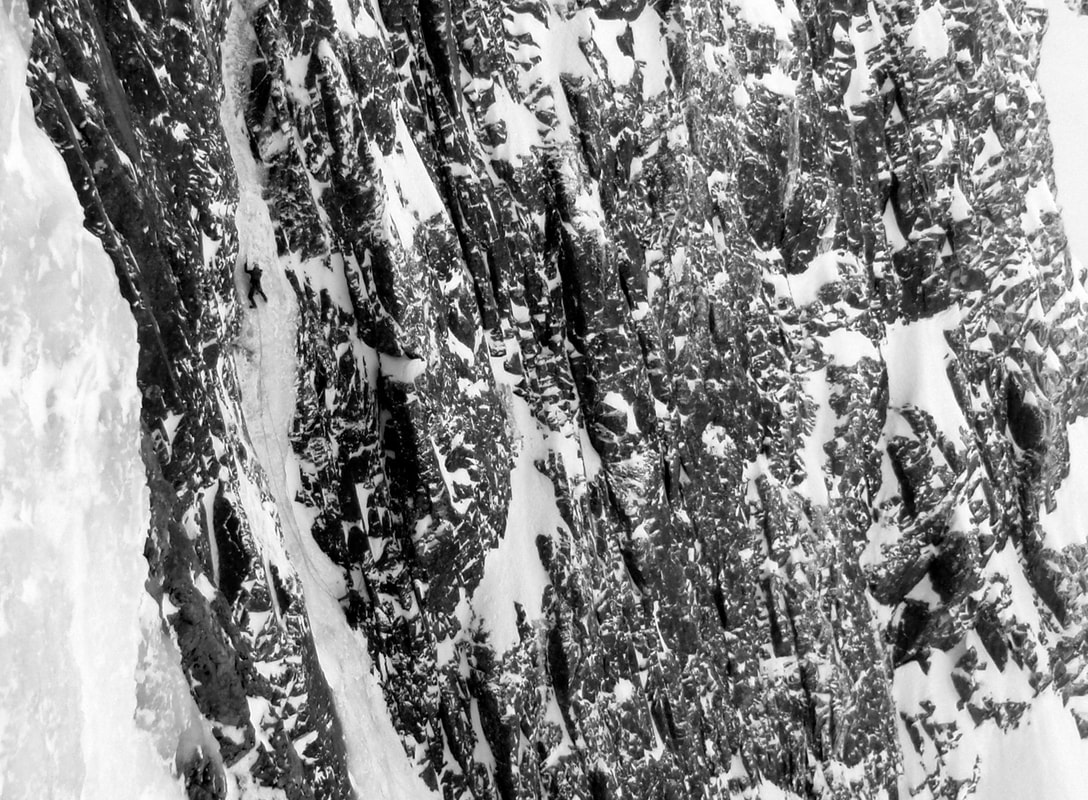
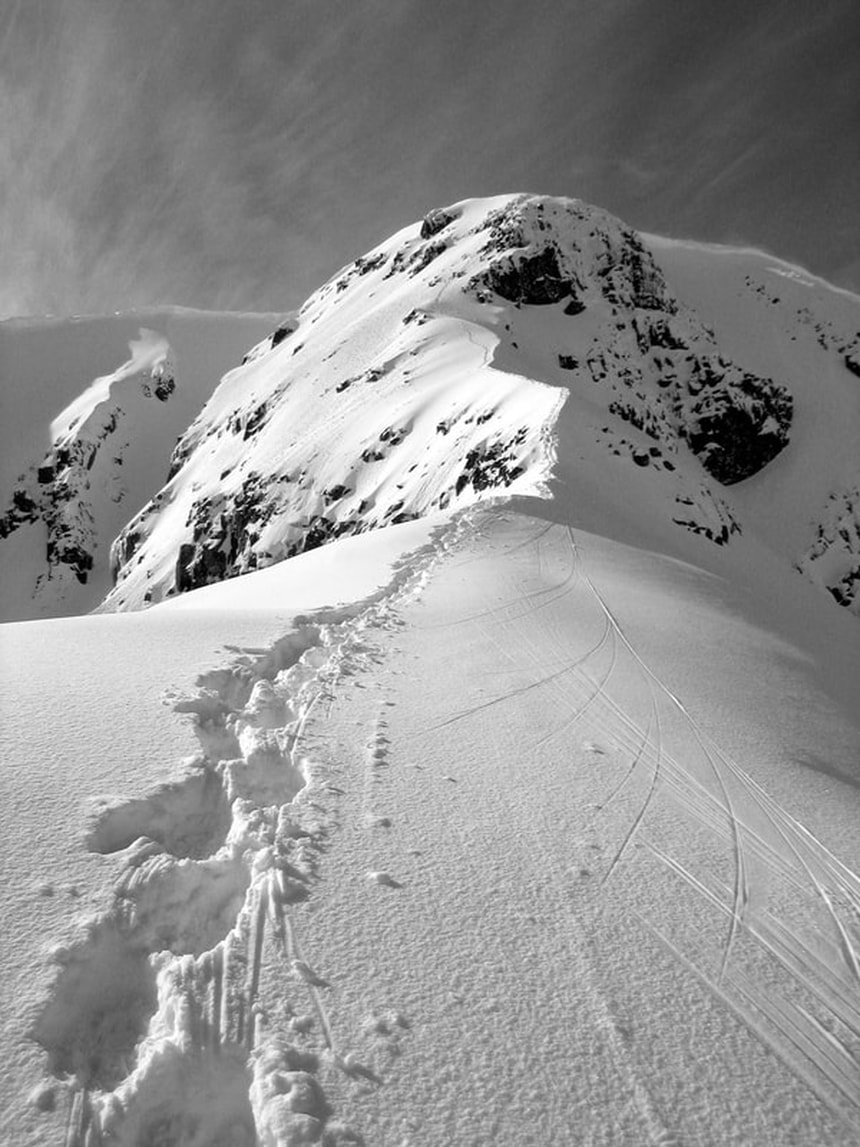
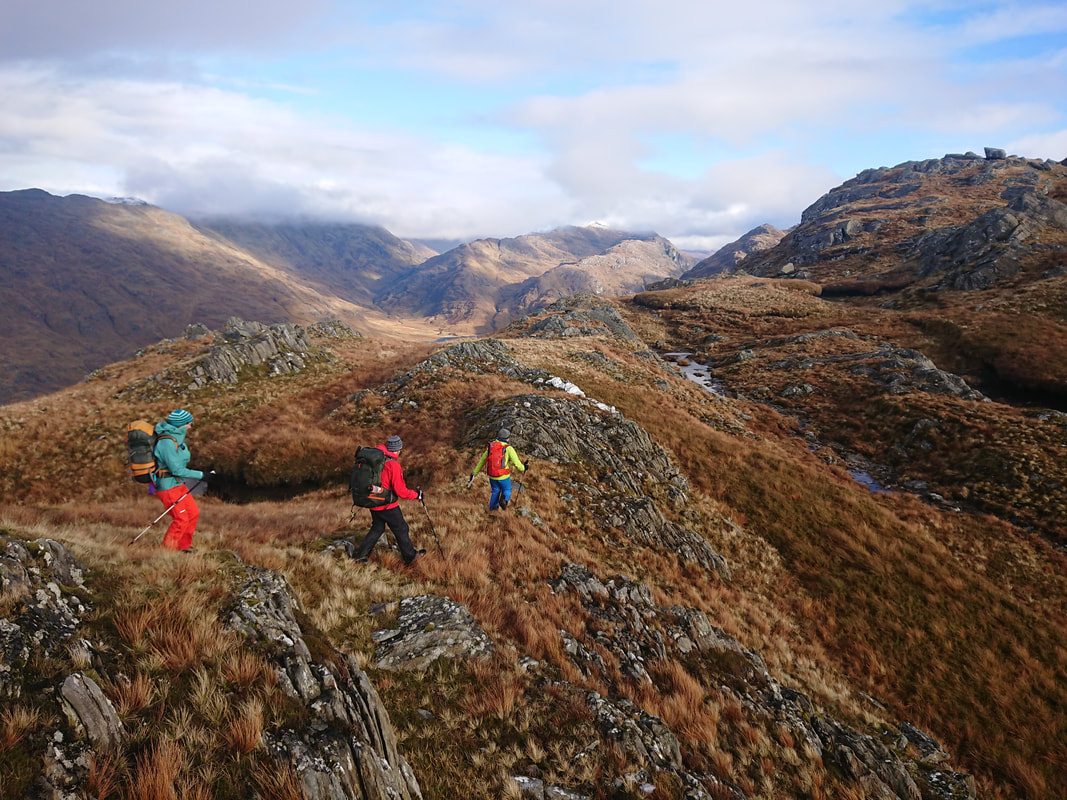
 RSS Feed
RSS Feed
